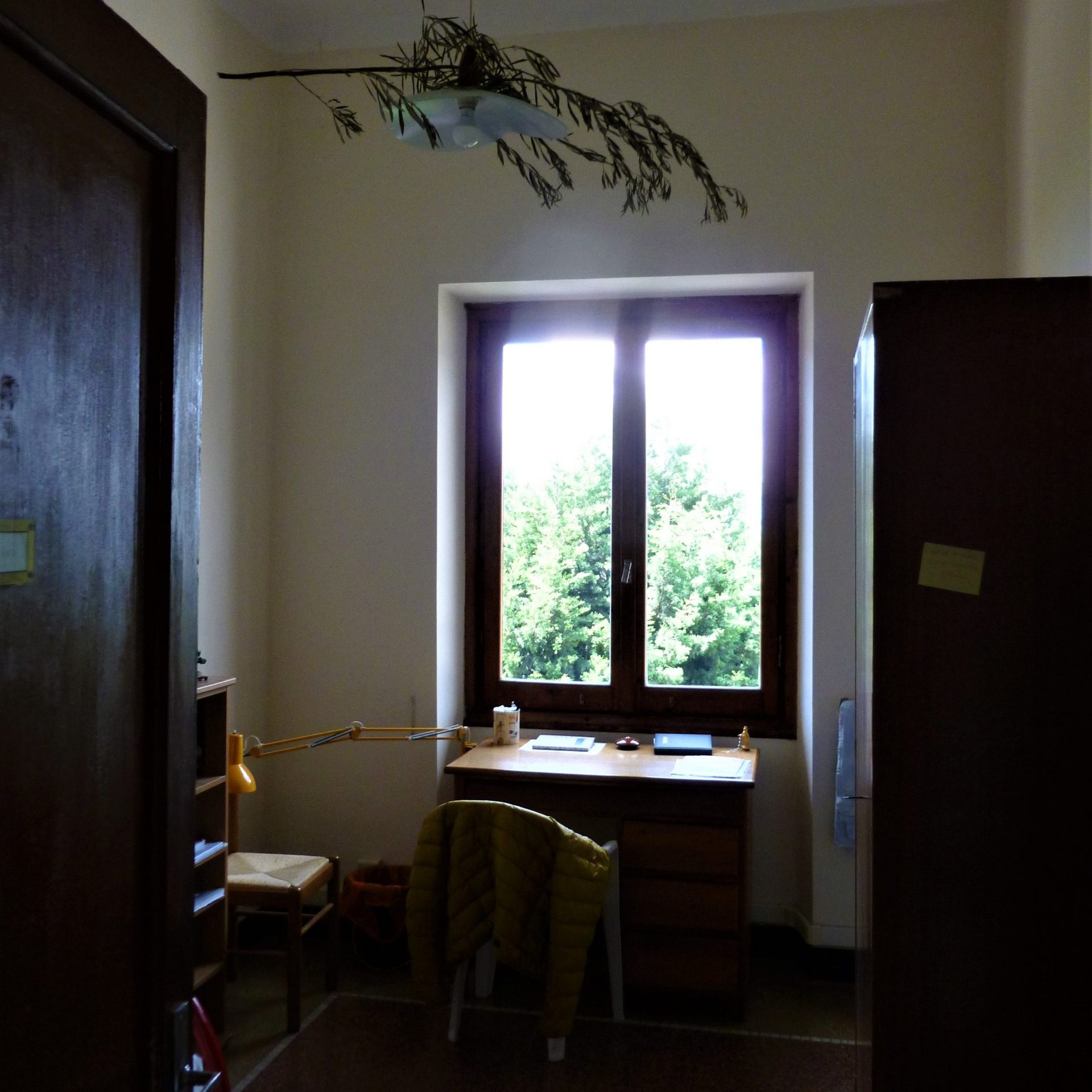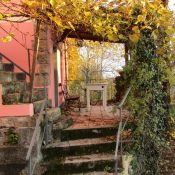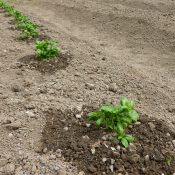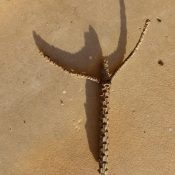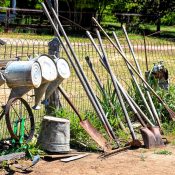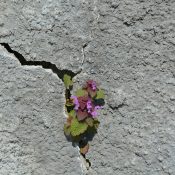Since May 11 I have been isolated as the only one in the community still positive for the dear old virus, which has been my companion for almost three months now.
If some time ago they had told me that I would be in my room for a month almost without contact with the outside world and that I would have survived, I would have taken them for crazy. This condition is unnatural to me, it does not reflect my inclinations, my being a social animal – more animal than social – and yet it is giving me peace. In this condition that I would never have chosen for myself, like many of the things that have done me most good in life, I am finding peace. A peace that comes from the depths, that is not the result of a thousand calculations or efforts to obtain it, that is not sought but waited for, and perhaps this is its secret. Within the emptying of the four walls, after a first moment of ordinary and due madness, one begins to listen. One begins to listen. One begins to listen to oneself, deeply. Not because listening is beautiful or comforting or idyllic or surreal or romantic – none of the above – but because nothing else can be done. When we are forced into our isolation cell, whether it is that of a monastery, a prison or the house in which we live, our barriers collapse. My limit becomes apparent to me, my strength becomes weakness, my facade melts away, I have no more excuses, no more distractions and, above all, no more expectations. I am alone with myself. My deepest desires, often hidden by the desires of others about me, which I adopt without belonging to me, return to the surface. I have no more excuses, I no longer have another on which to project my efforts and my lies: I am in deep and true contact with myself, and that is all. Good riddance! A liberation from one’s superego, from having to be, from appearance: everything is transformed and becomes truth. And the truth makes us free, as someone said. In the most flat and deafening and empty calm that we often and willingly escape, miraculously, we discover new noises and sensations, which we had never heard before, because we had not allowed ourselves to. Precisely that place of apparent loneliness and abyss and aridity and desolation that I have fled like a murderer all my life, is giving me a new life, a life that does not need to feel like living – raising the bar more and more as in a sense of perennial revenge and frustration – because it already lives, and lives in peace. How many times have I fled before a poor man who begged for my love and my presence behind his outstretched hand? How many times have I fled in front of a brother or sister who behind a word of anger towards me hid a deep need for love? How many times, even today, do I continue to flee in front of this sense of emptiness that clings to my heart? And here I say to you: do not be afraid! We are no longer afraid to listen to this emptiness, to inhabit it, we will discover that it bothers us because it asks us to overcome ourselves, our insane habits, it asks us to listen to ourselves, to let out our weaknesses and frailties without fear, because we all have them. Don’t pretend that you don’t have them, as everyone else does, only to look like righteous people in the eyes of the world: you will be unjust in the eyes of love, of that love according to which we will be – and we are already – judged. How much more beautiful it is to live with an open heart, without the anxiety and fear of having to hide one’s limits!
Guglielmo Scocco, first year novice
